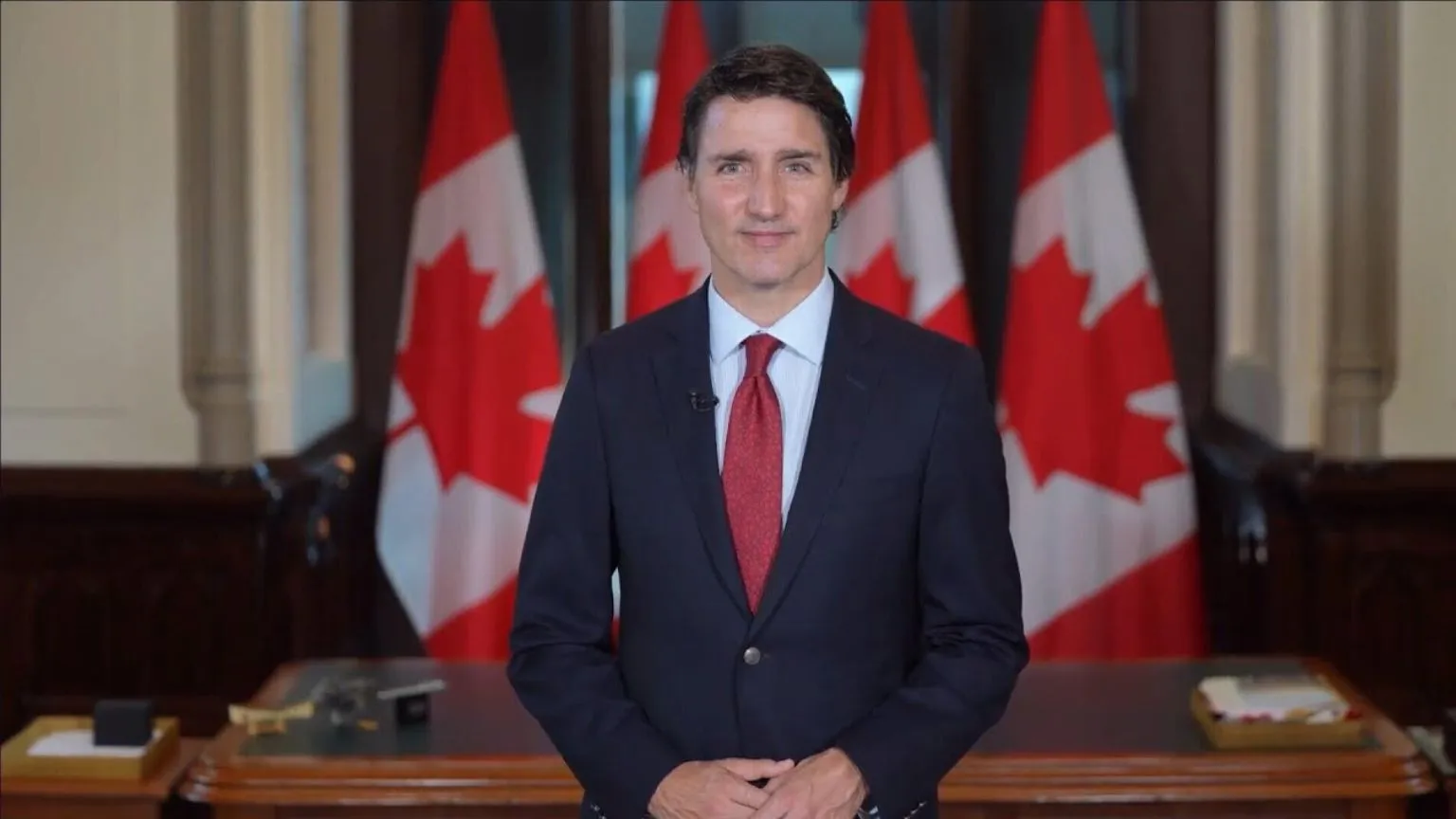The Canadian Department of Heritage appears to be aligning itself with a potentially alarming stance, according to a recent write-up by Blacklock’s Reporter. Liberals within the administration have expressed the need for a significant boost in funds to target what they deem as “incorrect” political perspectives. This request is centered around the Digital Citizen Initiative (DCI), a program set into motion by Justin Trudeau’s Liberals in 2018 under the tagline of combating online disinformation to aid democracy and social inclusion.
The DCI appears to outstretch its reach. The program puts forth that its resources are insufficient and demands more financial backing. It claims that disinformation right now poses extensive damaging potential, affecting Canadians’ health, safety, political beliefs, trust in media, and their civic and democratic engagement. However, upon raising these grave concerns, it offers no substantial evidence or instances to back them up.
This widening net also engulfs various societal groups, claiming that disinformation creates an environment rife with discrimination, stigma, and marginalization, possibly fueling social divisions. Groups like people with lower digital competency and those from minority backgrounds, it maintains, might be susceptible to this so-called disinformation campaign.
In response, Canada’s government granted DCI $7.5 million for two years, intending to fund activities centered around digital, news, and civic literacy.
But the appetite of DCI seems insatiable. An additional $19.4 million was given to DCI and the Digital Citizen Contribution Program (DCCP) for research correlated with the government’s aim of understanding, tackling, and revisiting online misinformation.
Several key universities, non-profit organizations, and policy forums, amongst other institutions, across Canada have been the beneficiaries of DCI’s grants.



They might want to start with breaking up media monopolies.